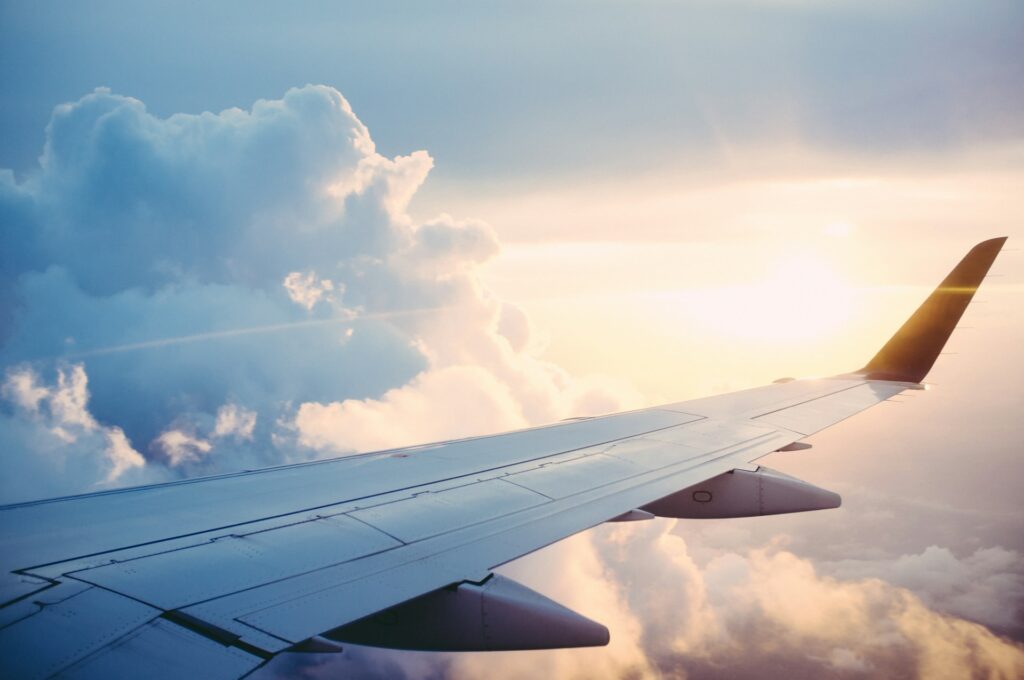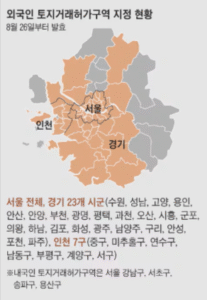
“Do You Want to Study in Korea? Get One Step Closer with the D-2 and D-4 Visas!”
Recently, the number of foreign students wishing to study in Korea has steadily increased. Currently, about 167,000 foreign students are studying in Korea, and the Ministry of Education of Korea plans to increase that number to 300,000 by 2027. To study in Korea, most students must obtain a D-2 study visa or a D-4 training visa, with the types of D-2 and D-4 visas varying depending on the degree program or training. In particular, the requirements for the D-2 visa include proof of financial ability and an admission letter, which must meet specific criteria.
Types of D-2 Study Visas
| Code | Target | Degree | Remarks |
|---|---|---|---|
| D-2-1 | Associate degree program | Associate degree | For foreign students in associate degree programs at colleges or universities in Korea. |
| D-2-2 | Bachelor’s degree program | Bachelor’s degree | For foreign students in bachelor’s degree programs and advanced major courses at colleges or universities. |
| D-2-3 | Master’s degree program | Master’s degree | For foreign students in master’s degree programs or integrated bachelor’s-master’s degree programs. |
| D-2-4 | Doctoral degree program | Doctoral degree | For foreign students in doctoral programs or integrated master’s-doctoral degree programs. |
| D-2-5 | Research program | Non-degree | For those with a master’s degree or higher who want to conduct research (lab work, thesis writing, etc.) at a university in Korea. |
| D-2-6 | Exchange student program | Non-degree | For foreign students participating in exchange programs between universities, earning credits in Korea. |
| D-2-7 | Work-Study linked study | Associate degree or higher | For foreign students selected for programs such as GKS (Global Korea Scholarship) to study in degree programs at Korean universities. |
| D-2-8 | Visiting student program | Non-degree | For foreign university students (including those on leave) who want to study on their own in Korea for up to a year. |
Types of D-4 Training Visas
| Code | Target | Degree | Remarks |
|---|---|---|---|
| D-4-1 | Korean language training | Non-degree | For those taking Korean language courses at university-affiliated language institutes to prepare for degree programs. |
| D-4-7 | Foreign language training | Non-degree | For those taking foreign language courses (mainly English) at university-affiliated language institutes to prepare for degree programs. |
Three Ways to Apply for a D-2 or D-4 Visa
There are three methods for international students and trainees to apply for a D-2 study visa or D-4 training visa in Korea:
Issuance of a Certificate of Visa Issuance: Some top universities like Seoul National University, Yonsei University, and Korea University can issue a Certificate of Visa Issuance.
① Steps for Issuance of a Certificate of Visa Issuance- Admission → Issue/Registration of Standard Admission Letter → Apply for and receive Certificate of Visa Issuance → Visa application → Entry
- Admission → Issue/Registration of Standard Admission Letter → Apply for and receive Certificate of Visa Issuance → Visa application → Entry
Direct Visa Application without Issuance of Certificate: It’s possible to apply directly at a Korean consulate abroad after receiving an admission letter from the university, but visa issuance is not guaranteed.
② Steps without Issuance of Certificate of Visa Issuance- Admission → Issue/Registration of Standard Admission Letter → Visa application → Entry
- Admission → Issue/Registration of Standard Admission Letter → Visa application → Entry
Changing Visa Status in Korea: International students already in Korea can apply for a change in visa status.
③ Steps to Change Visa Status in Korea- Admission → Issue/Registration of Standard Admission Letter → Apply for a change in visa status → Entry
The Most Important Key Point: Proof of Financial Ability
To receive a Standard Admission Letter from a Korean university, proving your financial ability is crucial. This is because the Korean government and universities are most concerned about foreign students illegally working outside of school instead of studying.
For degree programs, you must prove financial ability for at least 20 million KRW per year in Seoul and 16 million KRW per year in other regions. If you are a registered foreign student progressing to a higher program at the same university, the requirement is reduced by half.
For language training programs, the requirement is 10 million KRW per year in Seoul and 8 million KRW per year in other regions. Proof of financial ability is also required for extending the duration of stay, with the criteria varying based on the university type, attendance rate, and grades. For example, students at certified universities with a grade of C or higher and attendance over 70% are exempt from providing proof.
For accompanying family members, you must prove additional financial ability for each family member based on the standard one-person household living allowance (1,069,654 KRW per month × 12 months = 12,835,000 KRW per year).
That concludes this guide to visa types, application methods, and financial proof for studying or training in Korea. For additional inquiries, please contact the university or the Help Plus Administrative Attorney below.
- https://blog.naver.com/celloberlin
- Kakao : phdcelloberlin
- Whatsapp : + 82 10-3174-3793
- celloberlin@naver.com









